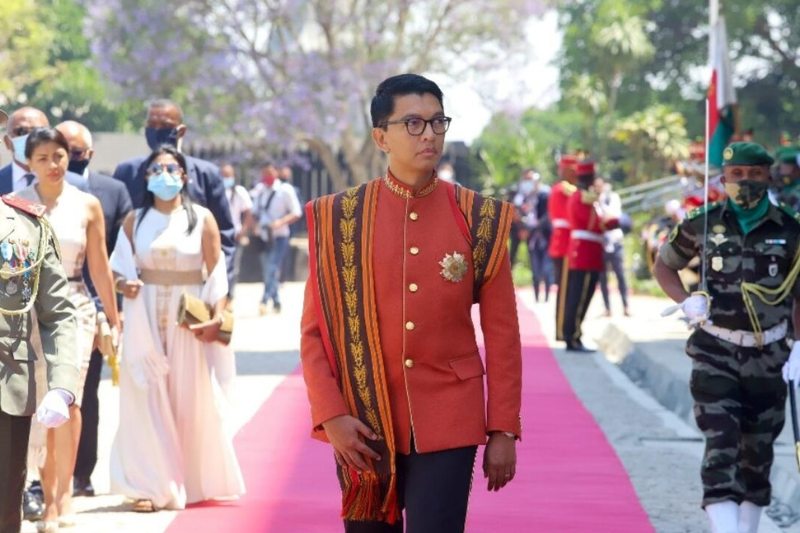Madagascar’s opposition parties have condemned what they call an “institutional coup” after the prime minister, an ally of President Andry Rajoelina, was put in control of the nation in the lead-up to a presidential election.
Ten of the thirteen candidates for president claimed in a letter to the electoral authorities on Tuesday that Rajoelina and his group had dictated the court orders that gave Christian Ntsay control of the island in the Indian Ocean in order to support the president in the November election.
“The powers that be carried out a real institutional coup with the aim of putting the Prime Minister in charge of the state during the presidential electoral period in order to manipulate the results for the benefit of their candidate,” the signatories, who included two previous presidents, stated in their letter. “The powers” refers to the government of the country.
On November 9, electors in Madagascar, one of the world’s most impoverished countries despite possessing huge natural riches, will go to the polls to choose a new president. Rajoelina, who is 49 years old, tendered his resignation on Saturday so that he could run for reelection in accordance with the law.
The President of the Senate was meant to take over, but he stated that he could not do so due to “personal reasons.” As a result, Ntsay was named the head of a “collegial government.”
The highest court in the land approved the action and, over the course of the weekend, rejected appeals to have Rajoelina’s candidacy declared illegal because he had dual French and American citizenship, which infuriated the opposition.
Keep Reading
The letter claimed that the Constitution does not mention the President of the Senate’s renunciation in any way. The Chief Justice of the Constitutional Court responded to allegations of partiality by saying they were unfounded.
The holder of the position of Senate President has resigned. “We cannot force him to take the reins of power,” Florent Rakotoarisoa told AFP. He went on to say that the decision was constitutional and that its goal was to “ensure the continuity of the state.”
On Saturday, the court denied petitions from three opposing parties seeking to have Rajoelina’s name taken off the ballot because they had been “unreceivable.” In June, it was reported in the media that Rajoelina had become a naturalized French citizen the previous year, in 2014.
According to the rules of the local legal system, this meant that he ran the risk of losing his Madagascan nationality and, as a consequence, the capacity to lead the country or seek public office.
The party that was in power at the time vehemently refuted this account of the events. Rajoelina had not waited for the court’s verdict before announcing that he would run for president. Instead, he kicked off his campaign with a spectacular event at a stadium in the nation’s capital a week ago.
In 2009, he initially seized power as a result of a coup that resulted in the removal of the previous president, Marc Ravalomanana, who is also running for office in November. Rajoelina was voted back into power in 2018 after deciding not to run for office in 2013 in response to criticism from the international community.
Eleonore Johasy, the national coordinator for Auguste Paraina’s presidential campaign, stated that the decisions of the Constitutional Court were “taken at odd hours, so that there would be no chance to oppose them.”
“People’s confidence is eroding. According to her comments to AFP, “all the shenanigans and maneuvers do not promote trust in the various authorities.”

